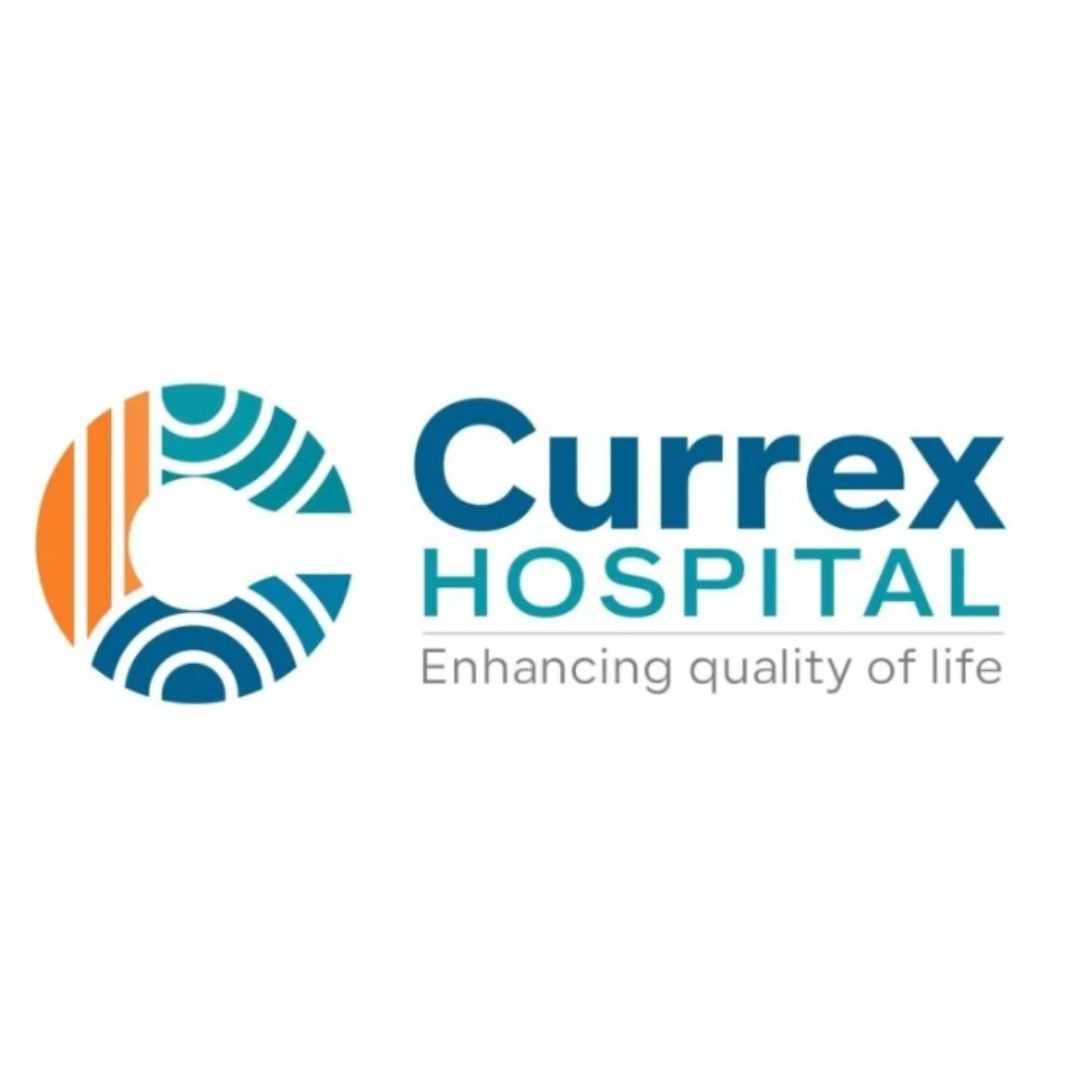The Real Reasons Medical Tourism in India is Booming
.png)
Thinking about traveling for medical treatment? You’ve likely heard about India emerging as a global healthcare hub, and you might be wondering what all the buzz is about. For years, patients from across the globe, including the US, UK, Australia, and the Middle East, have been choosing India for their medical needs. The reason is simple and powerful: India offers a unique proposition of world-class medical treatment at prices that are a fraction of what you’d pay back home. This isn't about finding the cheapest option; it's about discovering the best value in healthcare globally.
The rise of medical tourism in India is not an accident. It's the result of a concerted effort to build a healthcare ecosystem that excels in every aspect. We're talking about state-of-the-art hospitals equipped with the latest technology, many of which are accredited by prestigious international bodies like the JCI. These facilities are staffed by some of the most brilliant and highly skilled doctors and surgeons in the world, many of whom have honed their craft at leading institutions in the West. Add to this the benefit of minimal waiting times for procedures and the famous Indian hospitality, and you have a winning combination. This guide will walk you through every question you might have, providing clear, direct answers to help you understand why India might be the perfect choice for your healthcare journey.
Why is India a leading destination for medical tourism?
India's position as a top medical tourism destination is built on several strong pillars. The most prominent is the incredible cost savings, which allows patients to access treatments that might be financially out of reach in their home countries. This affordability extends across all types of procedures, from routine dental work to highly complex organ transplants and cardiac surgeries.
However, cost alone doesn't tell the whole story. The quality of care is paramount. India is home to a large number of JCI accredited hospitals, which means they adhere to the highest international standards for patient safety and clinical outcomes. These facilities invest heavily in cutting-edge technology and infrastructure, ensuring that patients receive the most advanced care available. The final piece of the puzzle is the human element: the expertise and dedication of Indian doctors, surgeons, and support staff who are committed to providing compassionate, world-class care.
How significant are the cost savings for medical treatment in India?
The financial advantage of choosing India is truly remarkable and is a primary motivator for millions. These aren't minor discounts; they are life-changing reductions in cost that make essential healthcare accessible. The difference is stark across a wide range of specialties. For example, a complex cardiac procedure could be ten times cheaper in India than in the U.S., without any drop in the quality of the implants or the surgeon's expertise.
This cost differential is not due to inferior quality but rather to economic factors, including lower infrastructure costs and a different salary structure. This allows Indian hospitals to pass on incredible savings to international patients. Below is a comparative table that illustrates the potential savings for some common procedures.
| Medical Procedure | Approximate Cost in the USA (USD) | Approximate Cost in India (USD) | Estimated Savings |
|---|---|---|---|
| Heart Bypass Surgery (CABG) | $120,000 | $7,000 | ~94% |
| Knee Replacement (Single) | $45,000 | $5,500 | ~88% |
| Hip Replacement (Single) | $50,000 | $6,500 | ~87% |
| Liver Transplant | $500,000 | $30,000 | ~94% |
| Spinal Fusion | $110,000 | $9,000 | ~92% |
Does lower cost mean lower quality of care in India?
This is perhaps the most critical question for any prospective medical tourist, and the answer is a resounding no. The affordability of healthcare in India is a function of the country's economic structure, not a reflection of its quality. The leading private hospitals in India are on par with, and sometimes exceed, the standards of top hospitals in the West. They are equipped with the same advanced diagnostic and surgical technology, from Da Vinci robotic systems to advanced imaging and radiation therapy units.
Accreditation is the key seal of quality. The National Accreditation Board for Hospitals & Healthcare Providers (NABH) in India has standards recognized by the International Society for Quality in Health Care (ISQua). Furthermore, many hospitals catering to international patients actively seek and achieve Joint Commission International (JCI) accreditation, the global gold standard. This ensures that every aspect of the hospital's operation, from clinical protocols and infection control to patient rights and safety, is rigorously audited and meets the highest international benchmarks.
What are the credentials of doctors and surgeons in India?
The expertise of its medical professionals is a cornerstone of India's healthcare reputation. The country has a highly competitive and rigorous medical education system. Many of the top surgeons and specialists have not only trained in India but have also gained extensive international experience, holding positions at leading hospitals across the world before returning to practice in India.
This global exposure means they are proficient in the latest medical techniques and technologies. Furthermore, due to the high volume of patients, Indian surgeons often have a level of hands-on experience with complex procedures that is unparalleled. This combination of top-tier education, international training, and extensive practical experience ensures that patients are in incredibly capable hands.
Which medical procedures is India most famous for?
While India offers excellence across the board, it has developed a particularly strong reputation in several key areas. These are specialties that require a high degree of surgical skill, advanced technology, and comprehensive post-operative care.
- Cardiology and Cardiac Surgery: India is a global leader in heart care, from angioplasty and stenting to complex bypass surgeries and valve replacements.
- Orthopedics: Knee and hip replacement surgeries are among the most sought-after procedures due to the high success rates and low costs.
- Organ Transplants: India has some of the world's most advanced and successful programs for liver, kidney, and heart transplants.
- Oncology: Patients have access to comprehensive cancer care, including advanced surgical oncology, chemotherapy, and cutting-edge radiation therapies like proton therapy.
- Neurosurgery: Complex brain and spine surgeries are performed by highly skilled neurosurgeons using state-of-the-art equipment.
Is it safe for foreigners to undergo medical procedures in India?
Patient safety is the highest priority at India's top hospitals. Internationally accredited facilities follow stringent protocols that often exceed global standards for hygiene and infection control. They have dedicated quality control departments that continuously monitor practices to ensure patient safety at every step of the treatment process.
Furthermore, these hospitals have specialized international patient departments designed to cater to the unique needs of foreign visitors. This includes assistance with language, dietary requirements, and creating a comfortable, stress-free environment. From the moment you arrive until your successful recovery, these teams are dedicated to ensuring your safety and well-being.
How do I obtain a medical visa for India?
The process is designed to be straightforward for genuine patients. The most crucial document is the "medical invitation letter" from the hospital where you plan to be treated. This letter confirms your medical condition, the proposed treatment plan, and the estimated duration of your stay.
Once you have this letter, you can proceed with the visa application. The hospital's international patient services team will almost always guide you through this process, providing all necessary documentation and support. The Indian government facilitates this process, recognizing the importance of medical tourism, and a medical visa (and a medical attendant visa for a companion) is typically granted without issue for legitimate cases.
Will I face a language barrier in Indian hospitals?
This is a common concern that is easily addressed. English is widely and fluently spoken throughout India's professional sectors, especially in healthcare. Medical education in India is conducted in English, so all doctors are proficient. You will be able to communicate clearly and effectively with your entire medical team.
For patients who are not fluent in English, top hospitals provide professional interpreter services for a wide range of languages, from Arabic and Russian to French and Spanish. This ensures that nothing is lost in translation and that you can fully understand every aspect of your care.
Ready to Explore Your Healthcare Options in India? Contact PlacidWay Today!


.png)




.png)
.png)








Share this listing